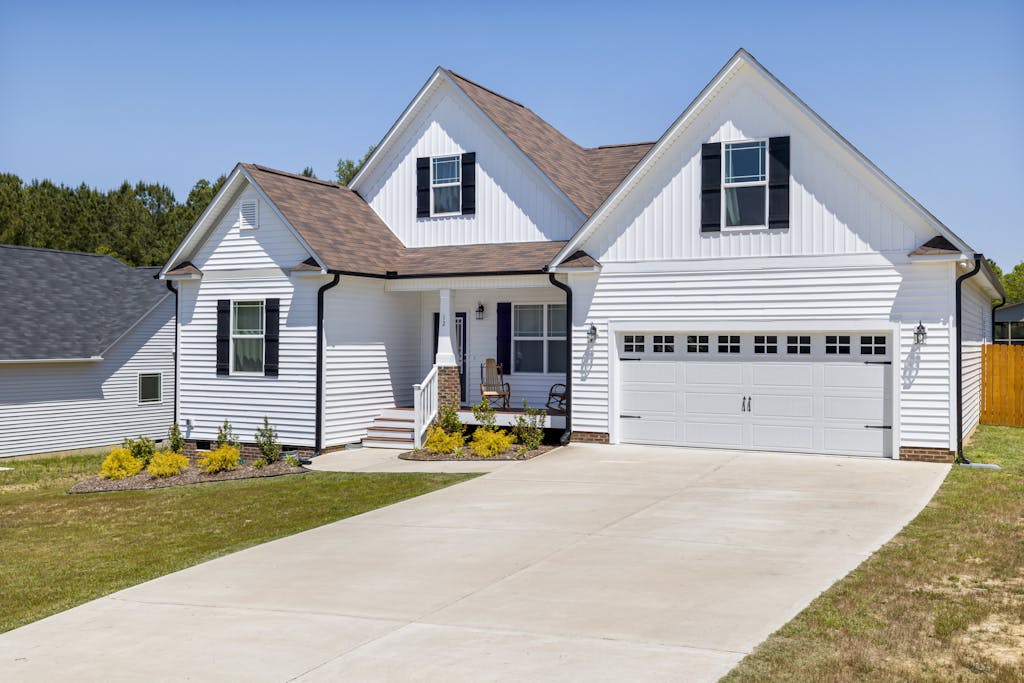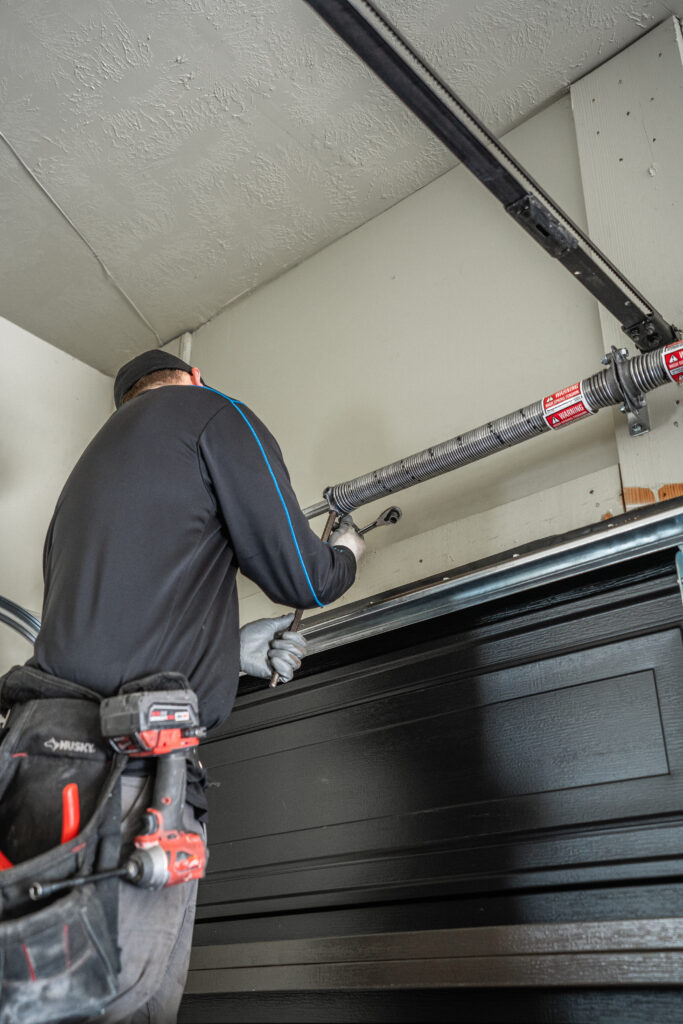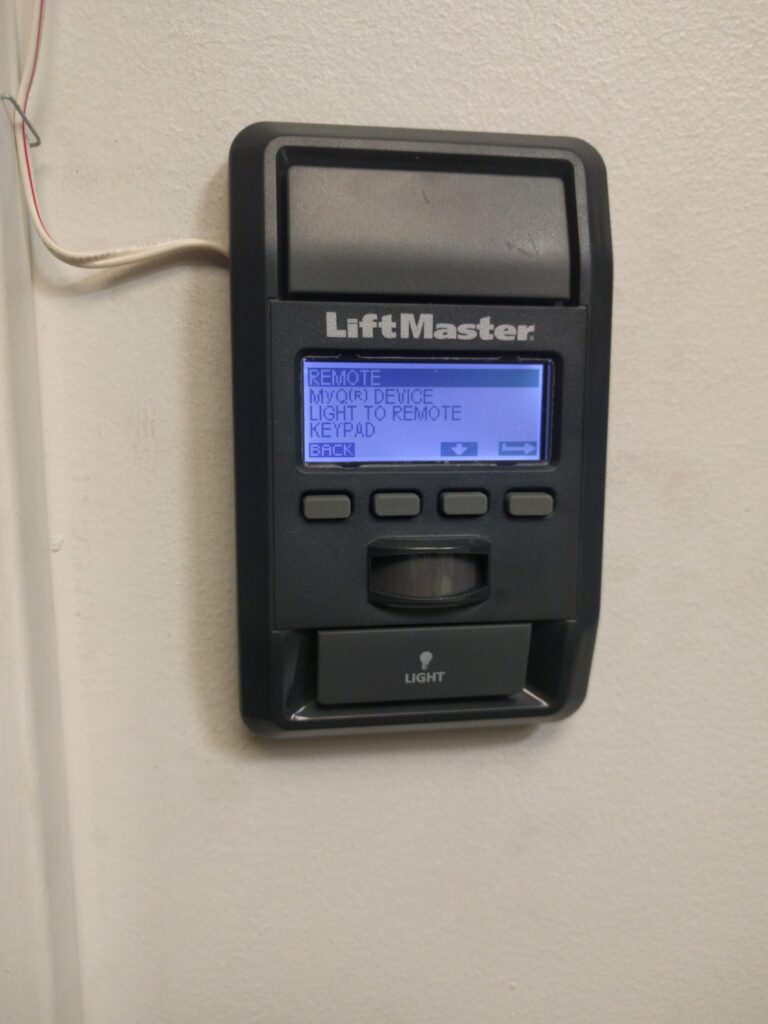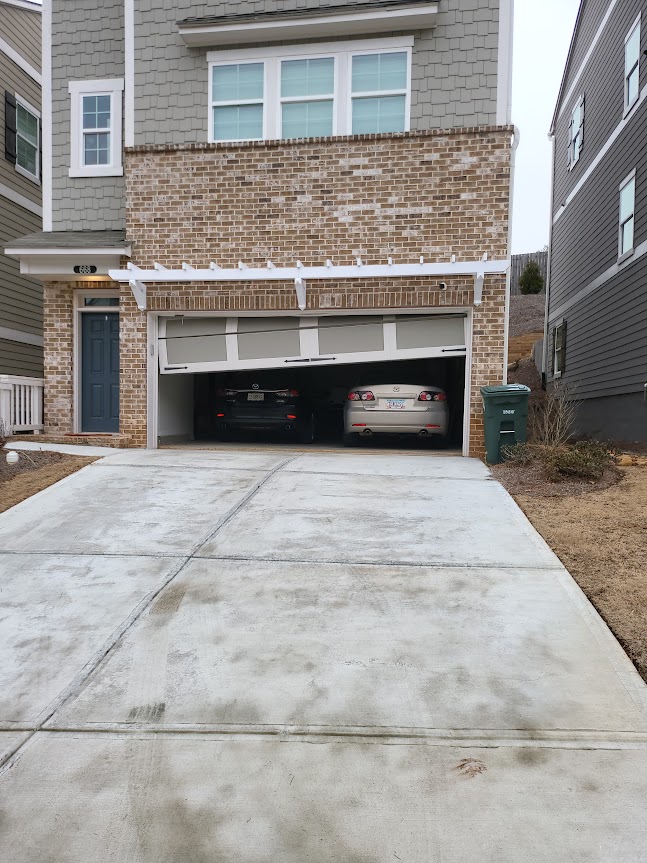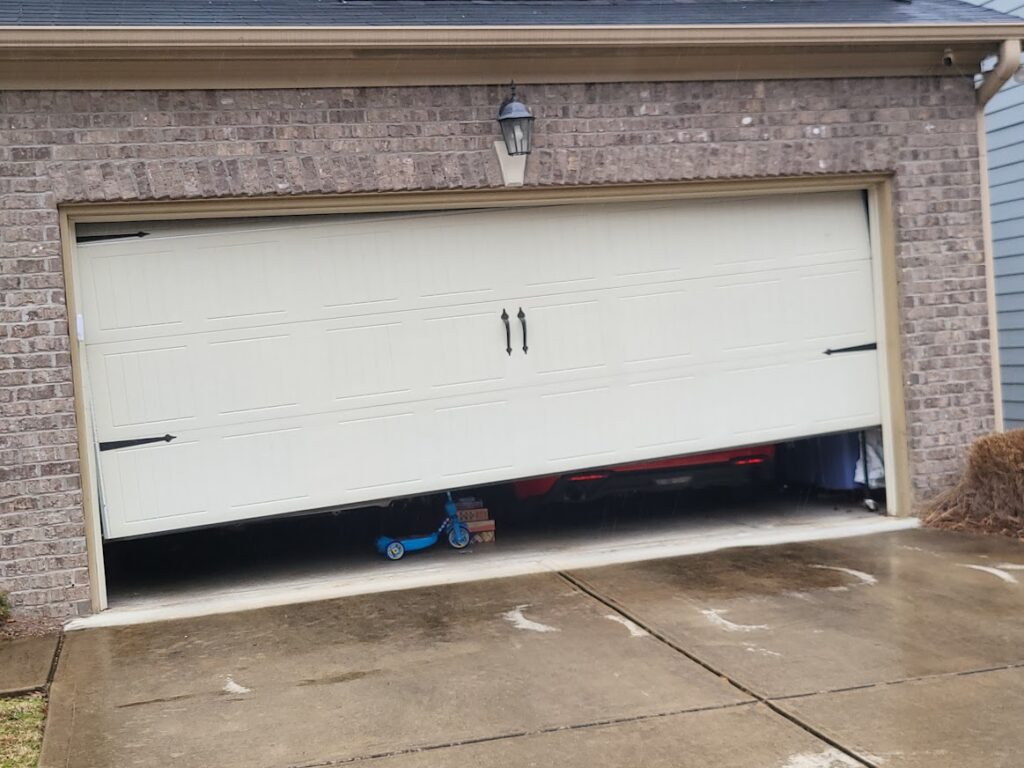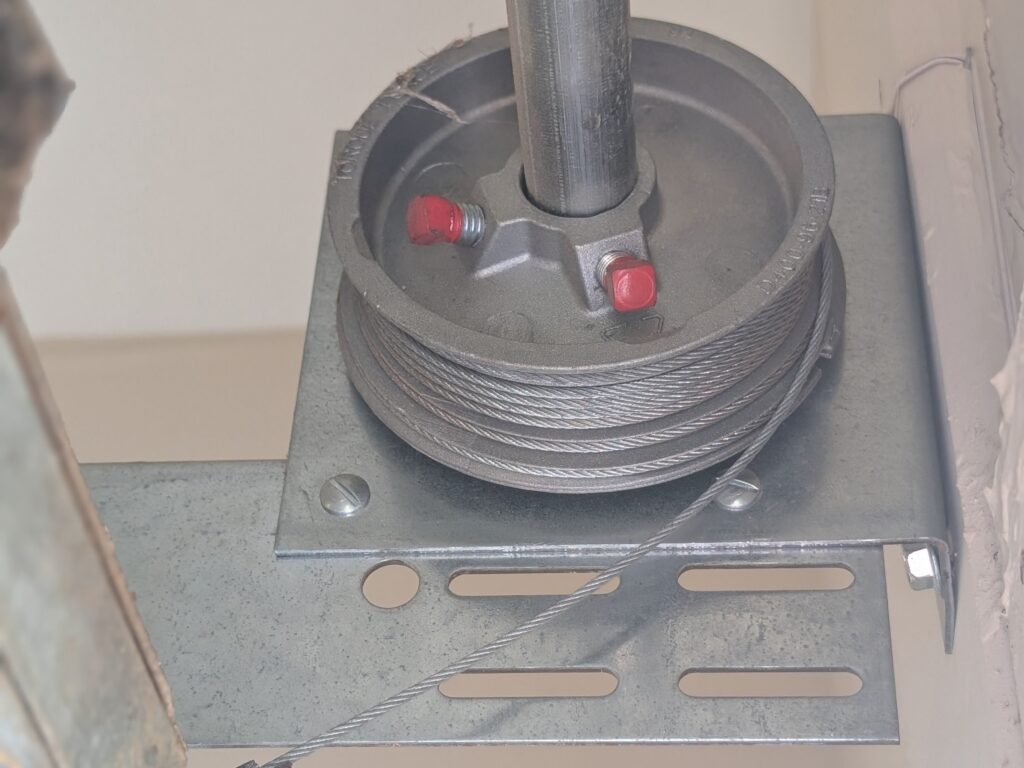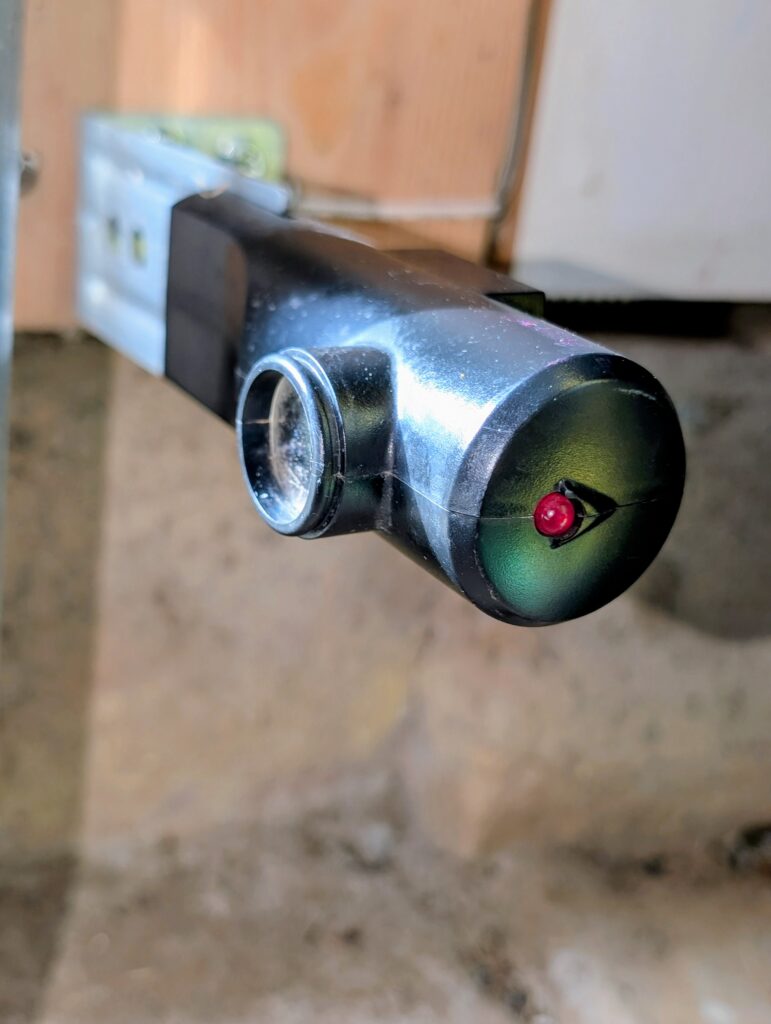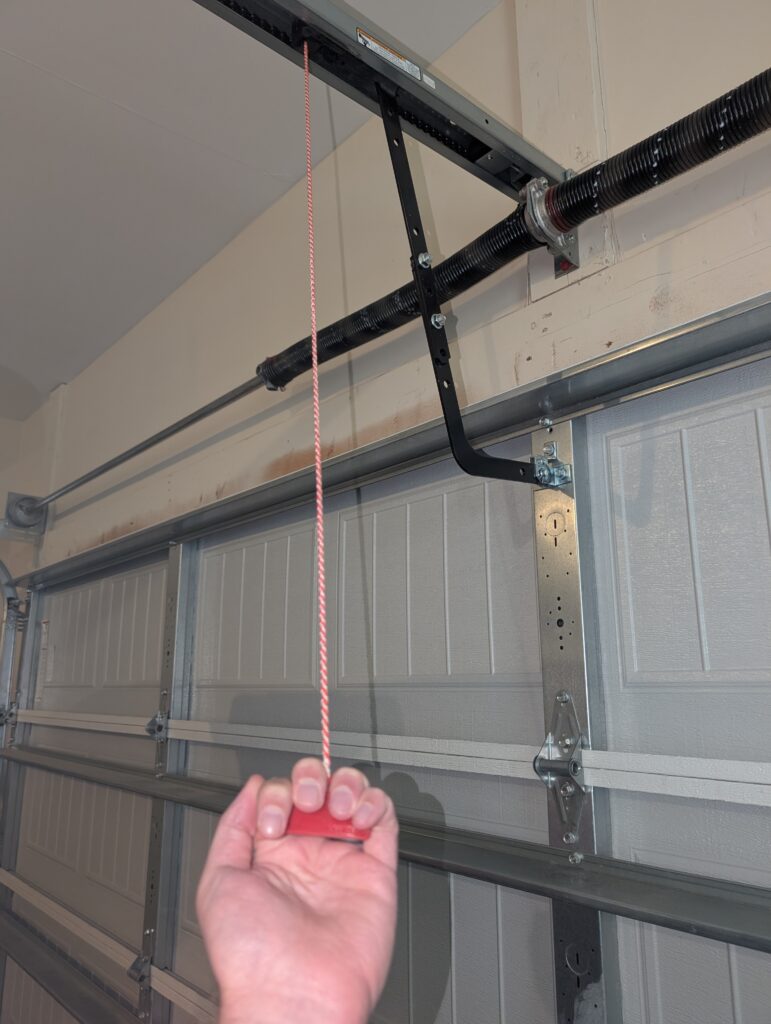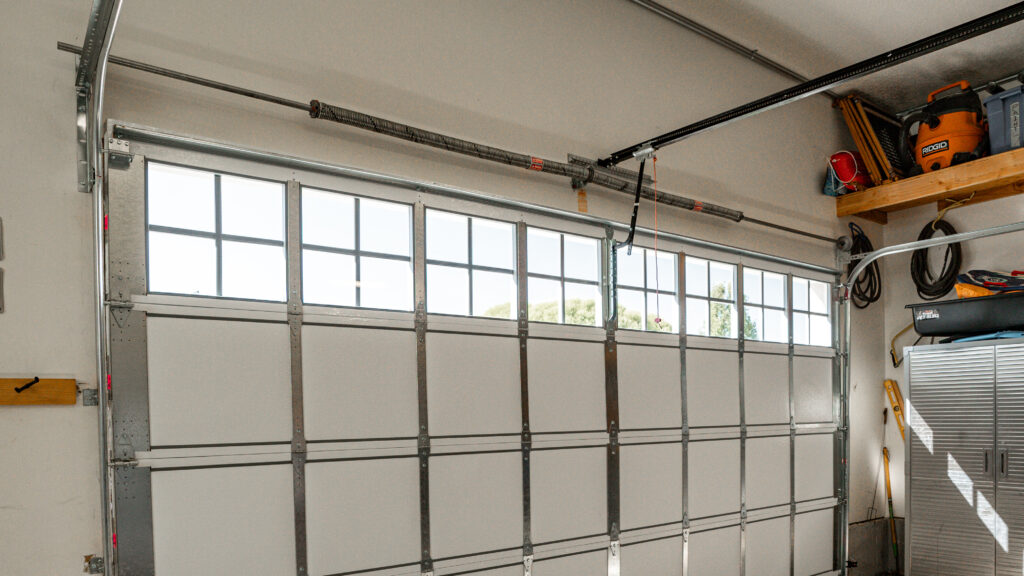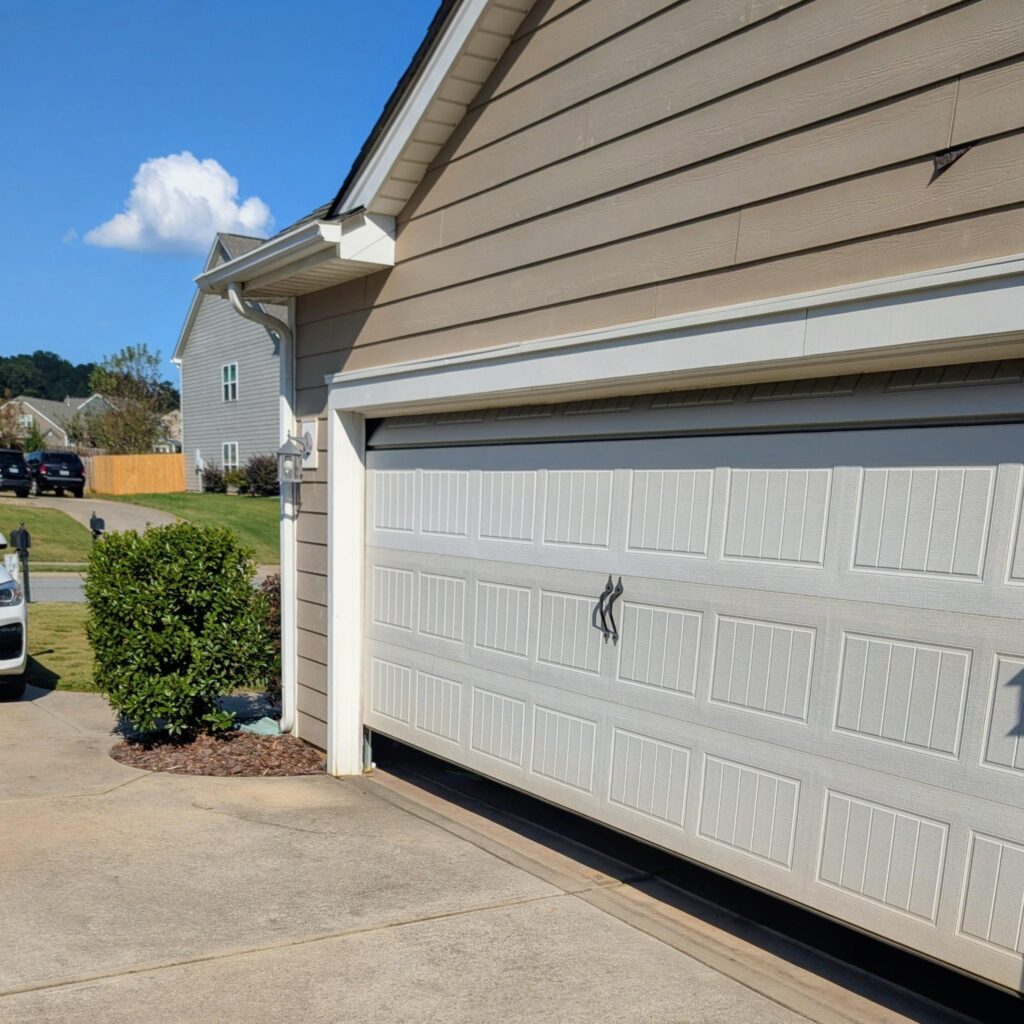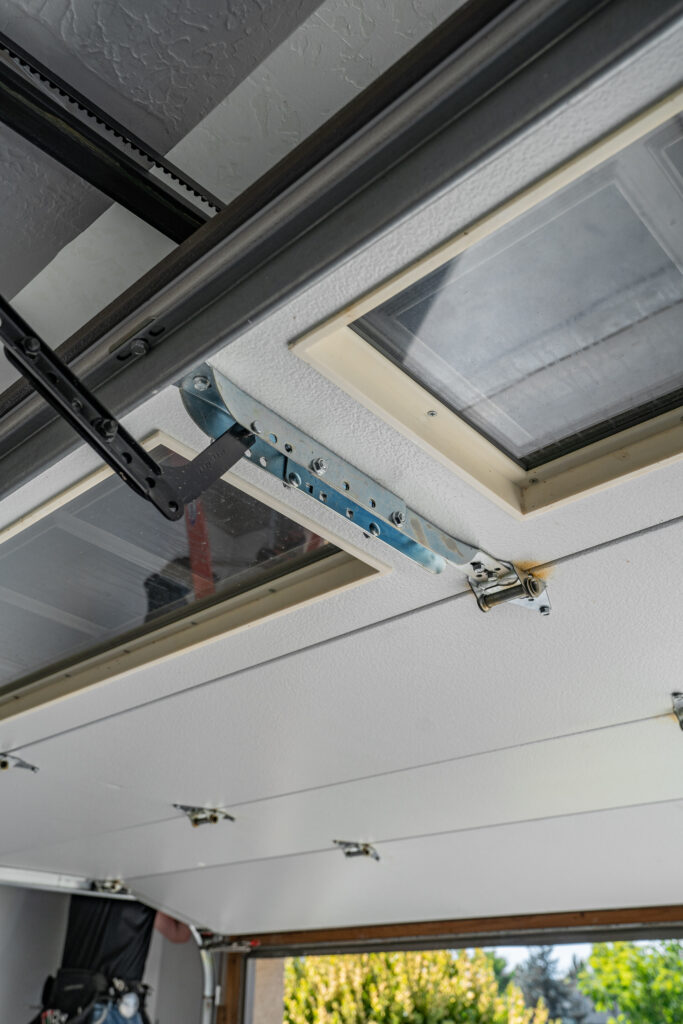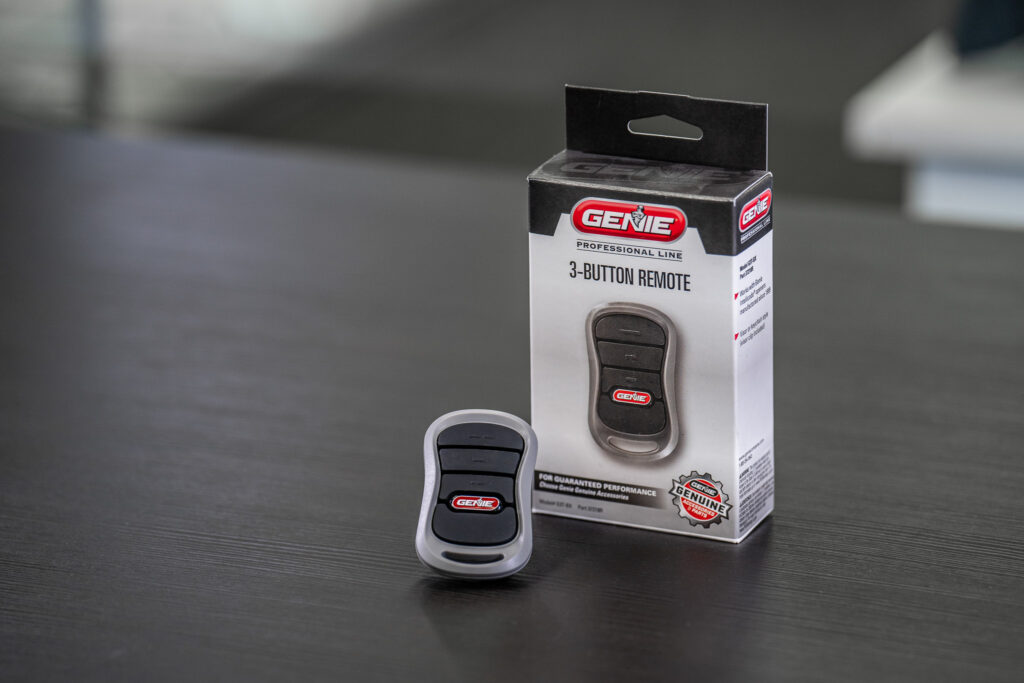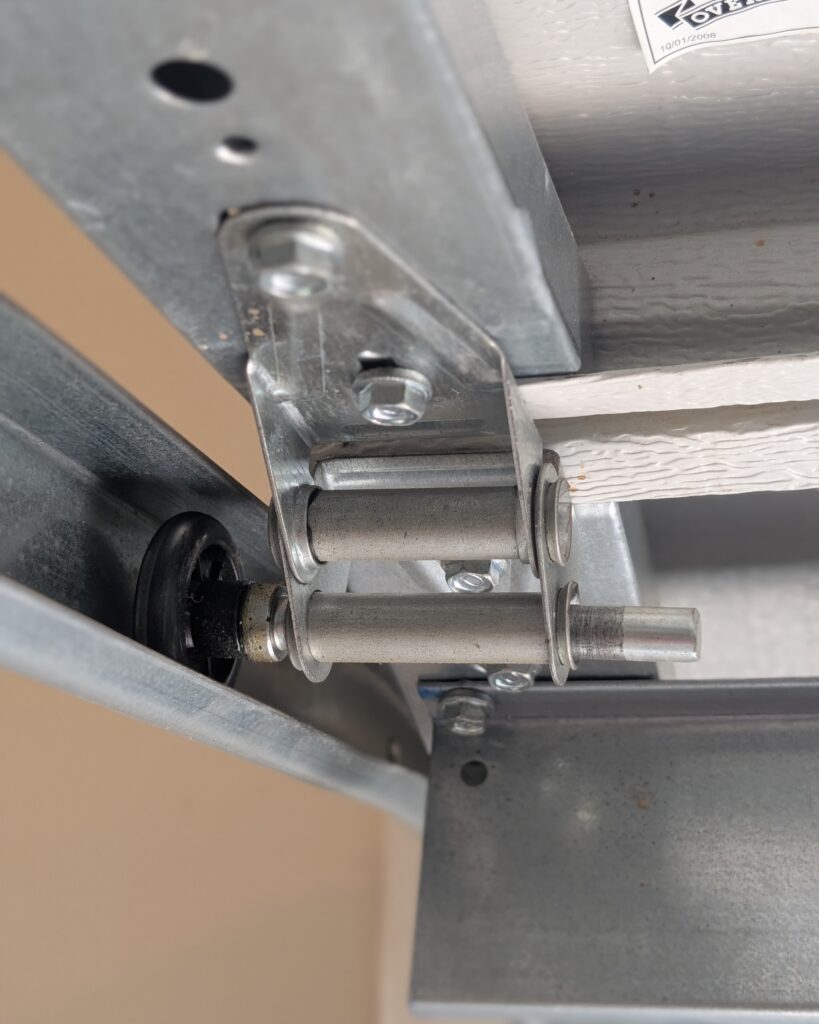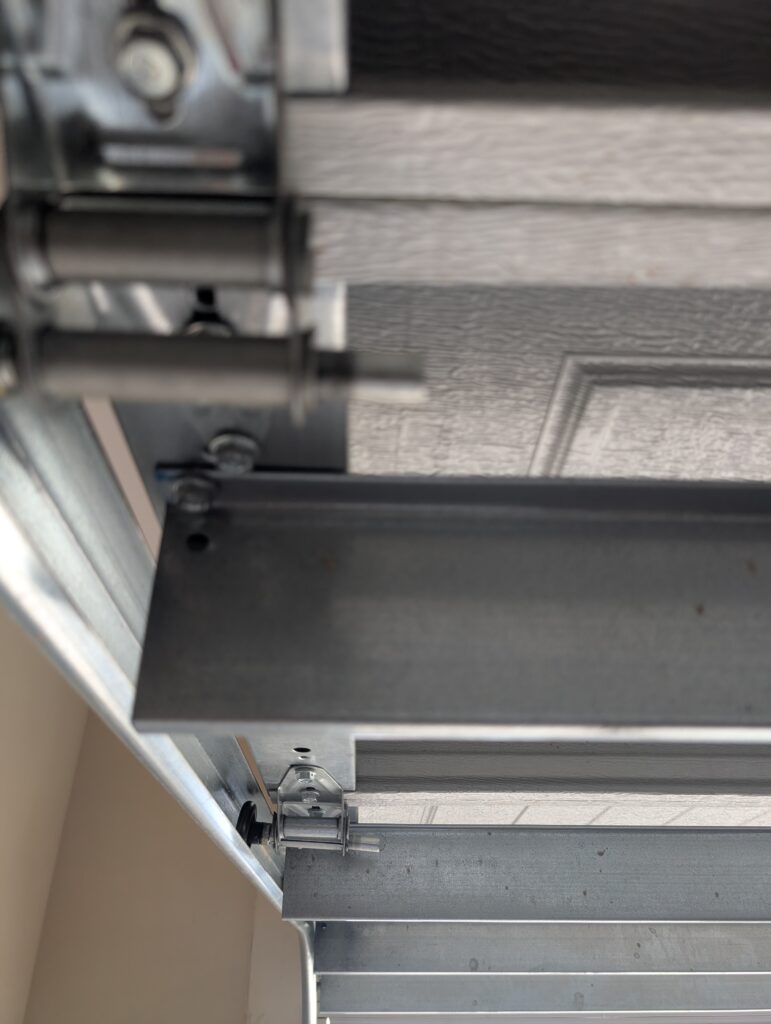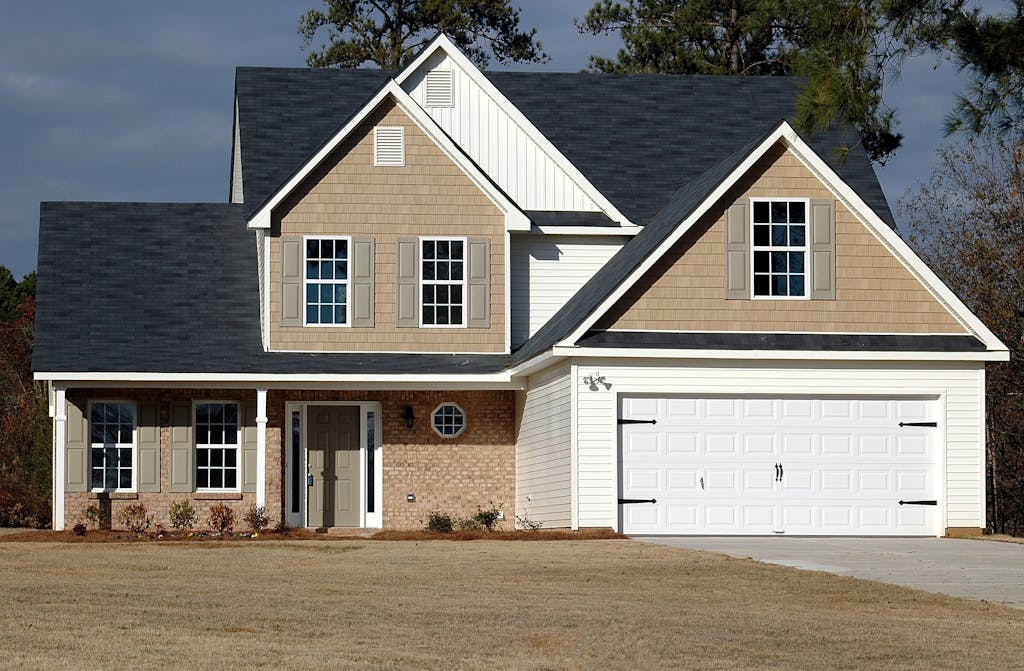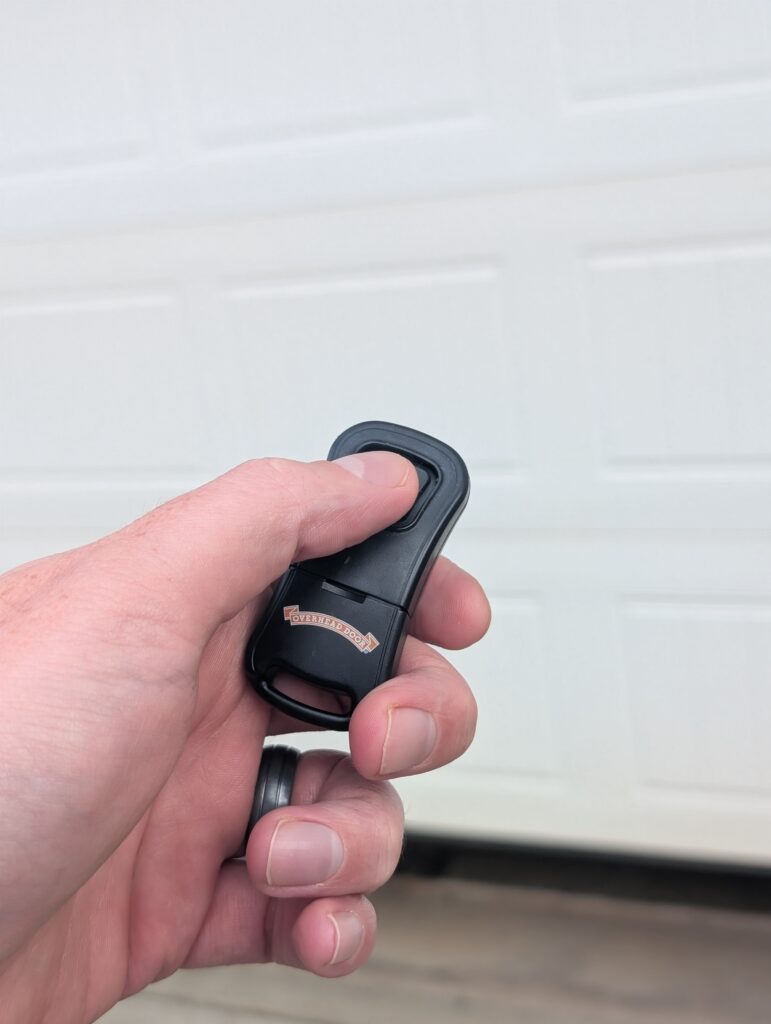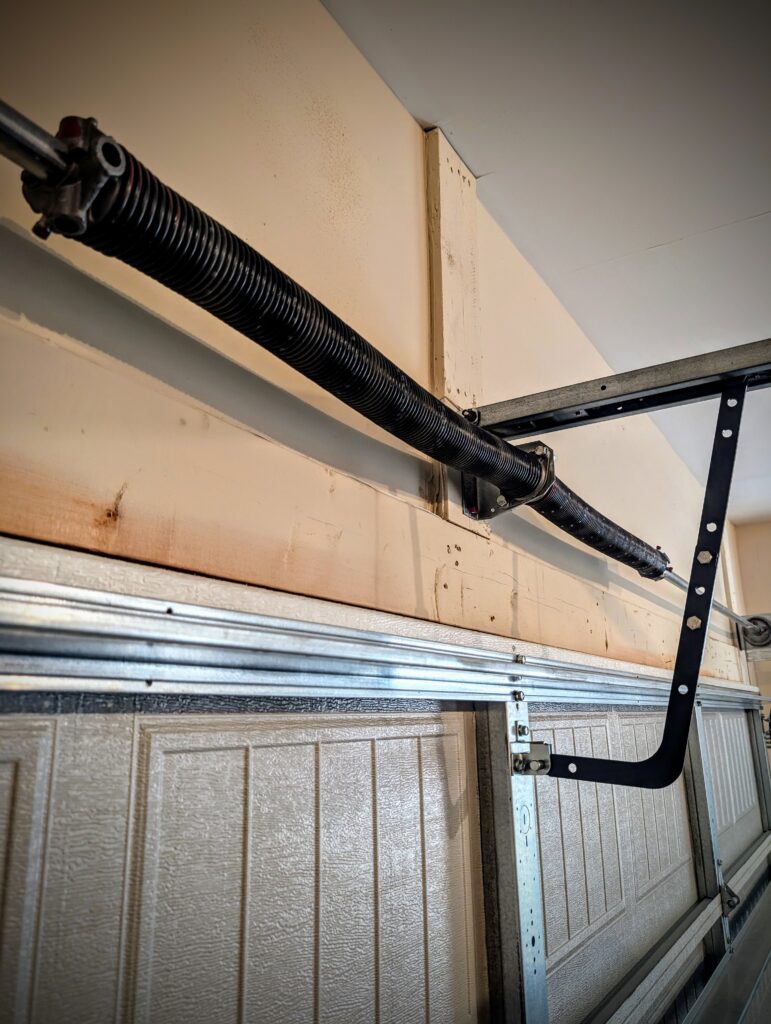Garage Door Hinges
Everything you need to know about garage door hinges – different kinds, how they work with various door styles, and why that numbering system is so important. Figure out which hinges are right for your door based on weight and use. Plus, keep your hinges in top shape with our maintenance tricks for smooth, quiet, and safe operation. Consider this your go-to guide for all things garage door hinges.
By: Kelly Larson | Published: May 21, 2025
Find Garage Door Repair Services
Get a fast & free quote | Schedule your service today
In order for your garage door to function properly, all of its components need to work together in perfect harmony. And while the humble hinge doesn’t get much attention, it’s a vital component for ensuring the safety and functionality of the door.
But what size do you need? What gauge should it be, and what do all those numbers mean? Our guide to garage door hinges has the answers, and we’ll also go over maintenance tips, how to replace worn hinges and the various types out there.
Understanding Garage Door Hinges: Function and Importance
Garage door hinges are typically made of steel but can also be manufactured with aluminum, brass or other materials. They connect the individual panels of sectional garage doors and allow the door to seamlessly travel up the vertical tracks and over the horizontal tracks as it opens and closes. If not properly maintained, your hinges could become damaged and lead to safety issues with the door. Stay on top of things by performing occasional visual inspections and lubricating them at least twice per year.
Anatomy of a Garage Door Hinge
Standard residential garage door hinges consist of multiple individual parts, each with its own key purpose. Let’s take a closer look at how they’re put together.
Basic Components
Regardless of the type of hinge you use, they all have leaf plates. These are the two flat plates on either side of the pivot point, called a barrel or knuckle, which rotates to allow the individual panels to articulate as the door opens and closes. One side of the leaf plate attaches to the lower panel and the other attaches to the upper panel. Fastener holes are pre-drilled into the leaf plates for easy installation.
Material Composition
Most garage door hinges are made of steel due to its strength and ability to withstand heavy use over time. Quality hinges will typically run you less than $10 each, including galvanized options that can help reduce corrosion and general wear.
The gauge of the steel, which refers to its thickness, is stamped into the leaf of each hinge. The lower the gauge number, the thicker the hinge. The most common residential garage door hinges are made with 14-gauge steel, and commercial doors often require 11-gauge hinges.
The Garage Door Hinge Numbering System Explained
Every garage door hinge comes with a number stamped on the bottom leaf. Residential panel doors are assigned numbers 1 through 5, and commercial doors are designated 1 through 12.
The lower the location of the hinge on the door, the lower the number. The five lowermost hinges, for example, will be #1s. The only other change in hinge numbers will be to the outermost hinges, which connect to the tracks via rollers and are graduated to prevent the sections from contacting the door jamb.
So, hinges 1 through 5 (or less depending on your door’s height) will be mounted vertically on the far left and right sides only, and all middle hinges will be #1s.
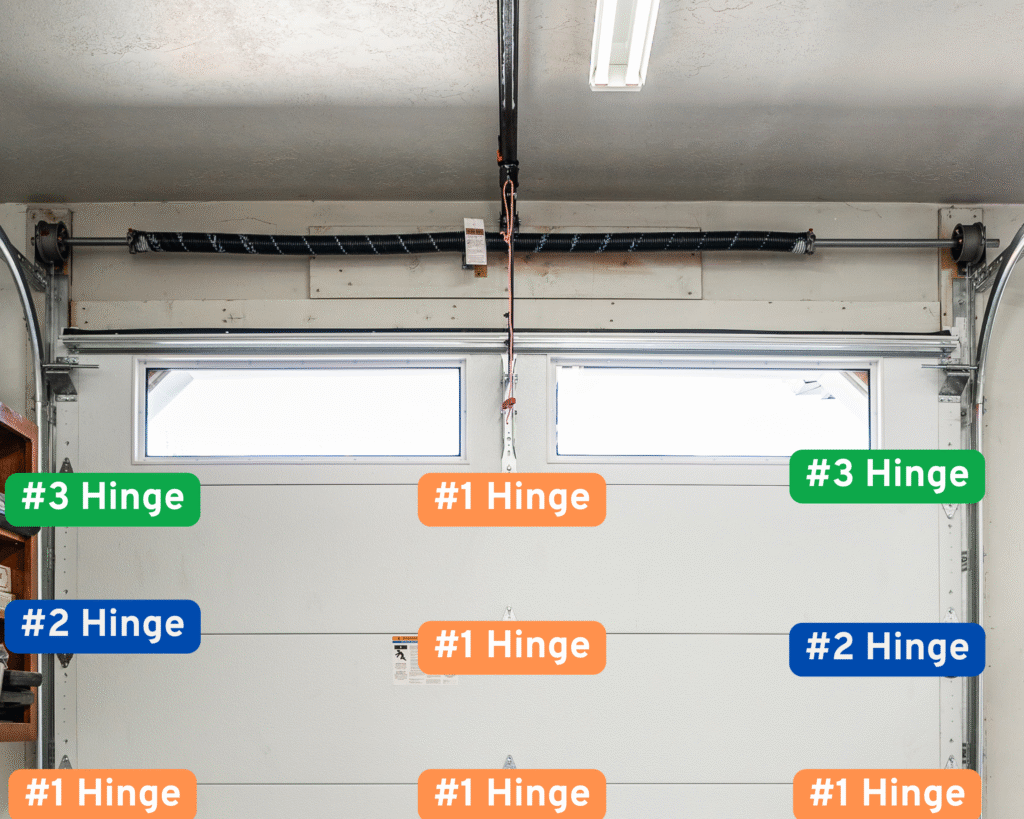
Types of Garage Door Hinges
As a refresher, residential garage doors are available in 11-, 13-, 14-, 16- and 18-gauge steel. The lower the gauge, the thicker and stronger it is. If you have a standard door, 14-gauge and above should work just fine. Wood, custom or generally heavy doors should be equipped with a lower gauge. Outside of the material, there are several hinge types to choose from.
Maintaining Your Garage Door Hinges
Establishing a routine maintenance schedule for your hinges will keep them operating smoothly and safely for years. Perform frequent visual inspections, looking for signs of corrosion, cracks, loose screws or misalignment of the panels.
Lubricate all of your components at least twice per year. Silicone lubricants are a good option if you live in an area with extreme temperature fluctuations or frequent rain. For moderate climates, either a silicone- or lithium-based lubricant will work. Pay particular attention to moving parts like the barrels and roller pins.
When and How To Replace Garage Door Hinges
If you notice cracking, corrosion, misalignment or other significant wear and tear, it’s time to install some new garage door hinges. It’s a straightforward DIY project, but you’ll need to adhere to the same safety procedures you would with any garage door repair or replacement. Before getting started:
- Unplug the garage door opener: In case someone in your family is unaware that you’re working on the door and tries to open it.
- Disengage the trolley from the track: Pull down on the emergency handle as an additional safety measure.
- Wear safety gear: We recommend wearing long pants, sturdy gloves and safety glasses before installing hinges.
- Avoid the springs: Both torsion and extension springs are loaded with pressure. If that pressure is somehow released, they can become dangerous projectiles. Avoid tampering with them during this project.
Once the area is prepped for safety, grab a wrench or socket set and unscrew the old hinge or hinges one at a time. Removing multiple hinges without first replacing the previous ones can cause panels to fall, which is extremely dangerous. If you’re not reusing the old screws, have the correct length of hex head screws nearby. Line the fastener holes up with the existing holes and screw in the new hinges. If you’re replacing end hinges, be sure to place the roller pins back into the track before screwing them into place.
When you’re done replacing the new hardware, reconnect the trolley to the track, plug in the opener and test the door multiple times by opening and closing it. If you see signs of misalignment or other issues, retrace your steps to make sure everything was installed correctly.
Garage Door Hinge Upgrades: When and Why
Not all garage door hinges are created equal. There are several upgrades you can make to increase the security of your home, reduce noise and prolong the life of your garage door system.
Low-gauge hinges of 13 and below are super durable and provide outstanding durability and longevity. Opting for galvanized, stainless steel hinges also increases their lifespan and resists corrosion. If your garage is below or adjacent to a bedroom, look into hinges integrated with ball bearings, which reduce friction and noise. Security a priority? Upgrading to hinges with non-removable pins is a solid investment.
Common Questions About Garage Door Hinges

Get Your Free Quote and Schedule Your Garage Repair Today
Find top-rated companies for fast garage repairs and service to make sure your garage door system lasts. Get free quotes from garage door companies in your area.
Tips and Expert Advice for Your Garage
Stay informed with expert advice on garage door maintenance, garage door service, garage door replacement, and upgrades. Explore our blog for guides, troubleshooting tips, and more.


